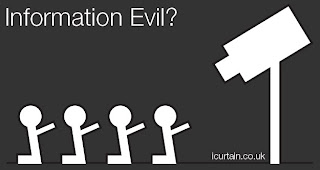Quickly read Adorno's (1941) article 'On Popular Music' (links below). In no more than a few paragraphs, summarise his ideas on pop music, concentrating on highlighting key points such as 'standardisation' etc.
Post a link to a YouTube pop video that, in your opinion, epitomises adorno's sentiments. Explain why, trying to emphasise the links to the wider 'culture industry' in general.
Adorno criticises modern pop music, believing that any generic form of pop music can be successful if it is repeatedly plugged enough by the media but also that the audience recognises key elements in it that have made it successful in the past, they consequently buy recognising this previous hit formula but not for its originality or talented effort.
He regards pop music as being standardised, where songs will have a characteristic core structure but the uniformity is hidden by pseudo-individualisation such as interchangeable parts that will make them appear different and new. This gives the mass audience a feeling that they have an array of choice in music and can express their individualities but in fact this music is already chosen for them or has been pre-digested.
He also argues that one of the differences between serious music and pop music is that people have to make a conscious effort to appreciate a serious song where as pop music gives someone who feels that they already have hard working, boring lives a chance of escapism and of light relief however the mass reproduction of such music leads to boredom, so it is a circle that appears in-escapable .
I chose Jedward as I feel they epitomise Adorno's sentiments in terms of plugging and standardisation.
Firstly the song is not original and it's main efforts in being so is by copying two previous standardised mass hits and its other is by associating themselves with a member from one of the hits to convince the audience that they may have some credibility.
The audience have no choice as to whether they want to hear the song or not as the dynamic duo were rammed down our throats not only every Saturday night for several months but on the front pages of standardised tabloids, radio and TV shows. So the individual can't feel like they are only rebelling against the song but against the wisdom of public utility as Adorno argues 'Resistance is regarded as the mark of bad citizenship, as inability to have fun, as highbrow insincerity, for what normal person can set himself against such normal music?'




